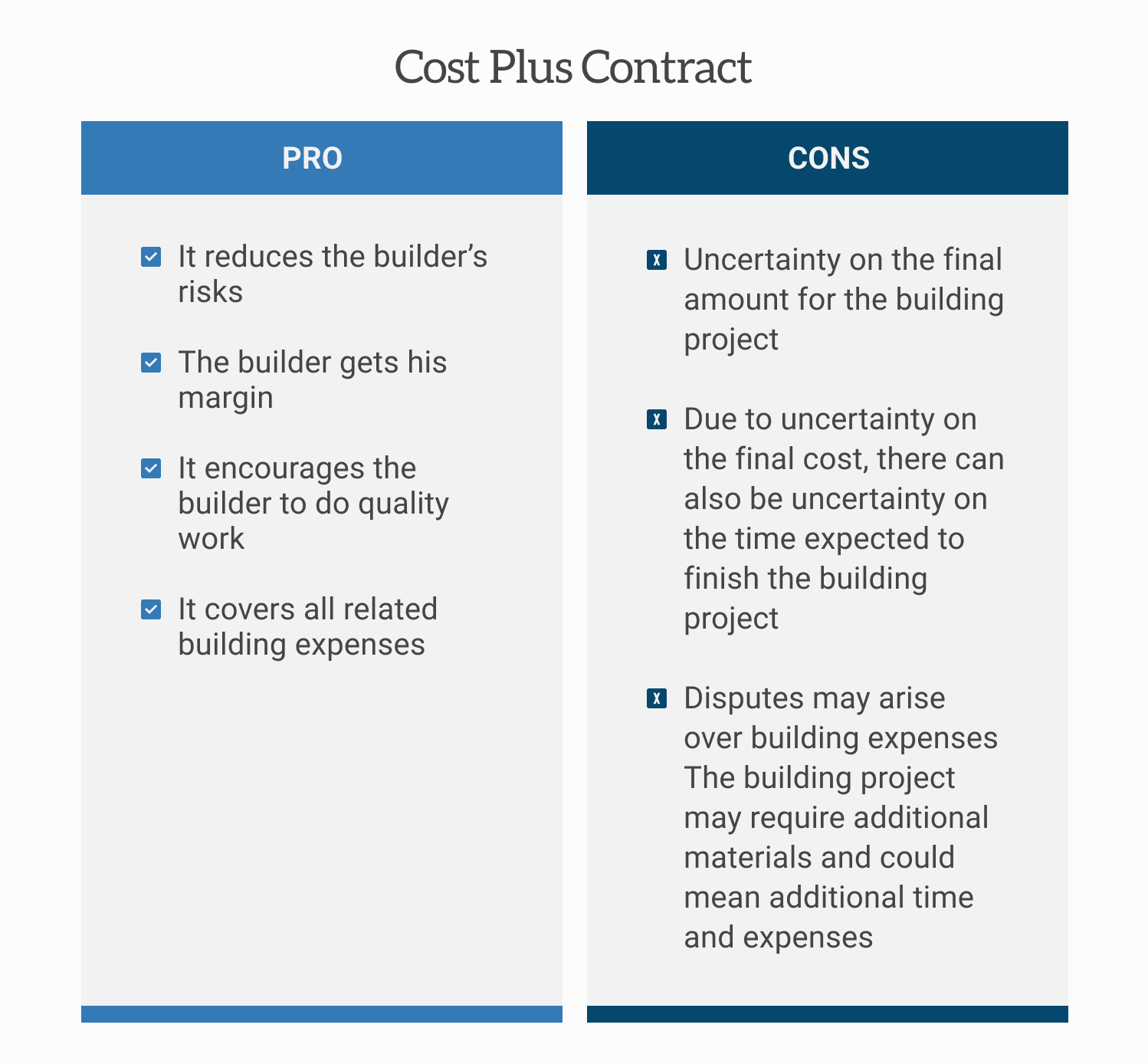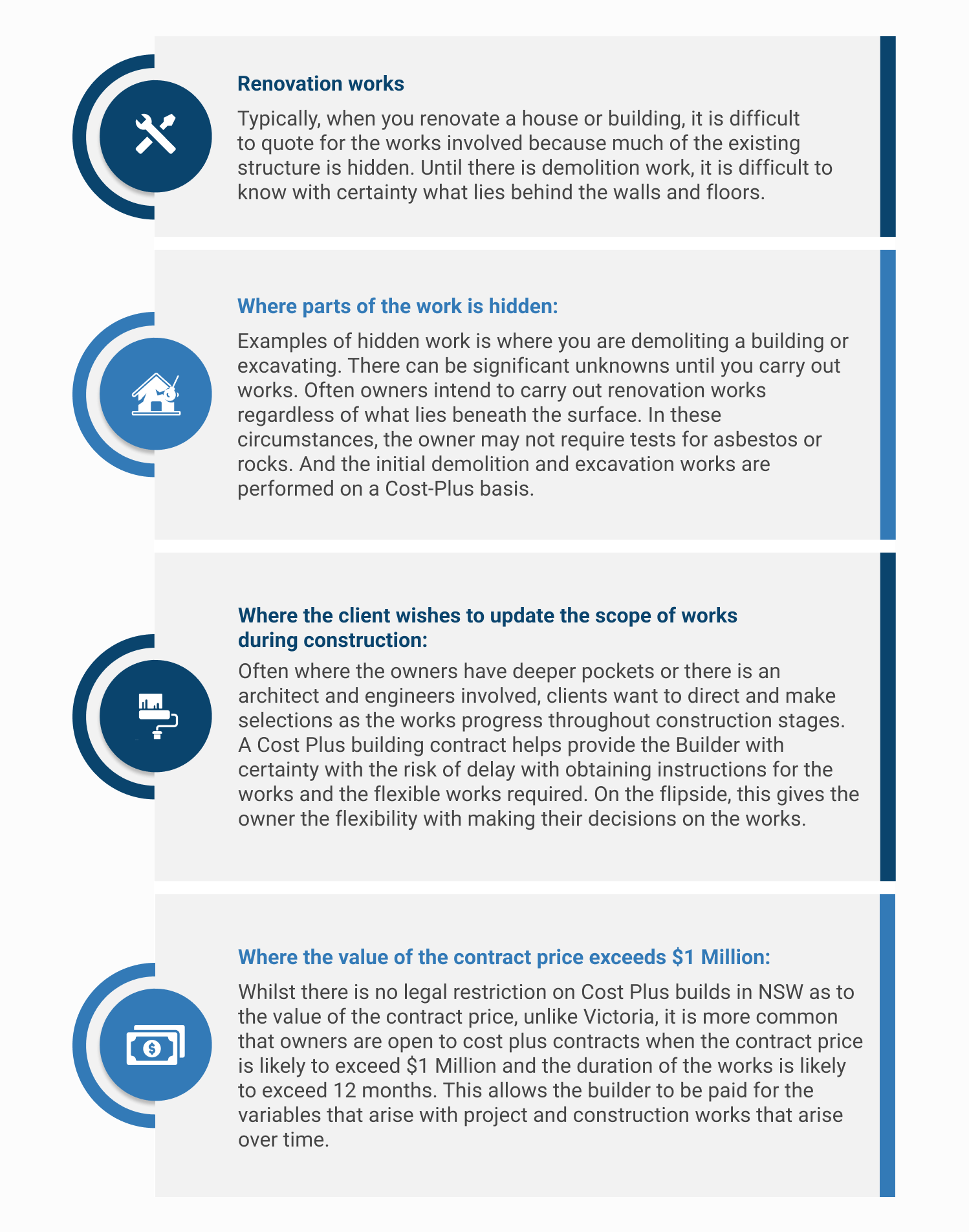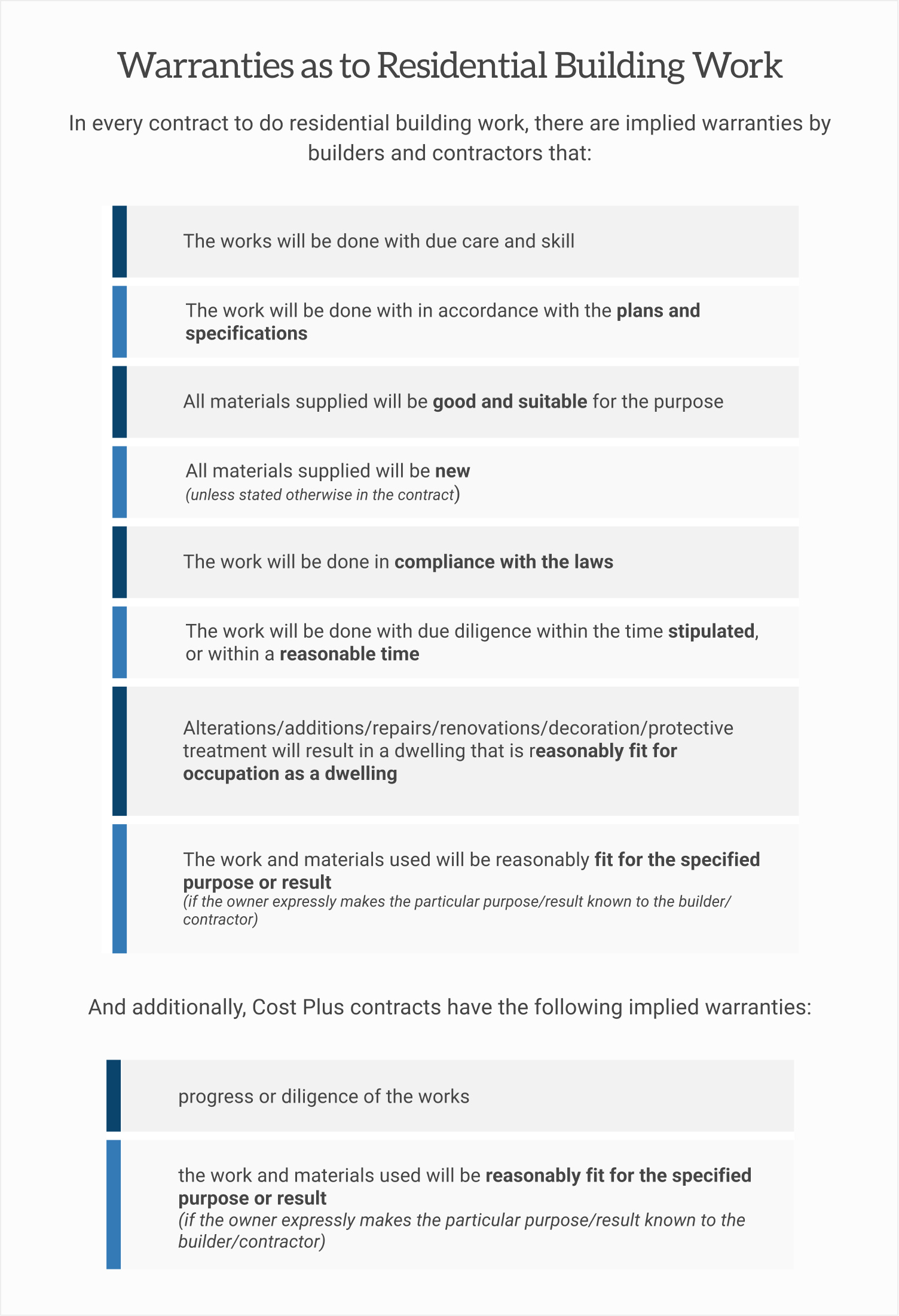In the scenic expanses of New South Wales (NSW), Australia, the owner-builder route is drawing increasing interest from individuals aspiring to have a direct hand in the creation of their homes. This approach is not only a pathway to potentially lower building costs but also offers an intimate connection to the fabric of one’s living space. However, diving into the construction of your home as an owner-builder is imbued with a blend of opportunities and challenges, especially when intertwined with strategic financial planning and investment protection. This article embarks on exploring the pivotal facets of retirement planning for owner-builders in NSW, emphasising safeguarding investments throughout the journey of constructing your dream home.
NSW 2009, Australia
100 Harris St, Pyrmont
24/7 Customer Support
Mon - Fri: 8:00 - 18:00
You can contact us during the above work hours.








